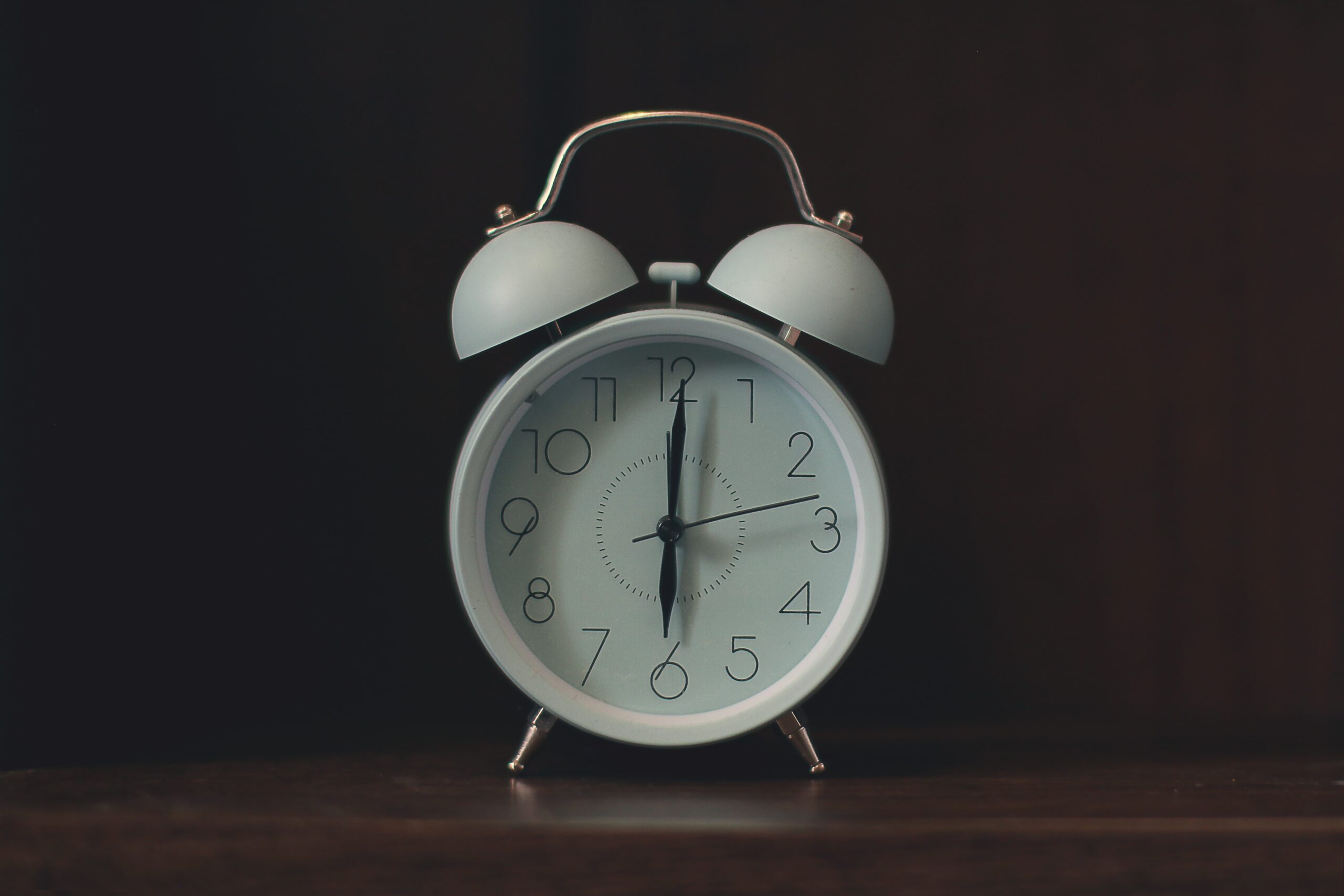
26 Feb The Importance of Sleep
Sleep! We all need it. We know that we need it but yet most of us don’t get enough of it. We are probably the most sleep deprived generation.
Everyday, you absorb an immense amount of information. When you sleep, the brain reorganises, sorts and stores what we have learnt and experienced in the day, making it easier for us to recall at a later date. Sleep helps you to filter unnecessary information. It helps make connections between memory and what you learnt that day, even if you have not made those connections while awake. Getting good sleep every day is vital in gaining better understanding of material as well as retaining that information. We have all heard the phrase – sleep on it. If you have not been able to solve a problem, look it over at night and then go to sleep. A good night’s sleep will give you more clarity and will aid you in solving that problem the next day.
According to research in the Journal of Neuroscience, sleep contributes to memory function, by converting short term memories into long term memories, as well as filters out unnecessary information that would otherwise clutter the nervous system.
Also read: How to learn fast and study smart!
One of the greatest problems, that students face is the lack of sleep. The CDC estimates that as a nation 35% of adults are not getting enough sleep. This comes to about 84 million adults sleeping less than the recommended 7 or more hours a night.
Many college students find it difficult to get enough sleep because of academic pressure, part time jobs and trying to maintain social relationships. A lack of sleep can severely affect grades amongst other things. Many students pull all-nighters and end up cramming before a test. This proves to be more detrimental in the long run. In fact, many students who pull all-nighters tend to have lower GPAs.
According to the National Alliance on Mental Illness, 44% of students experience symptoms of depression, 80% seem overwhelmed by academic pressure, and 50% have struggled with anxiety.
Another problem with sleep deprivation is drowsy driving. It is mainly prevalent among students who commute to college. The AAA foundation for traffic safety states that 16-24 years are 80% more likely to be in a drowsy driving accident. Reaction times, attentiveness, alertness and decision making are all impaired when you are sleep deprived.
Out of all the advice people give to college students about college and studying; sleep is the one that is most overlooked. It is one of the most important requirements for everyday functioning and can be the difference between you thriving versus struggling in college.
Sweet Dreams!
EduPeer cares for your holistic being and we help you realise your potential. Join our Career Enhancement Platform, and make your Education and Vocation Dreams come true! Connect to speak with us.
